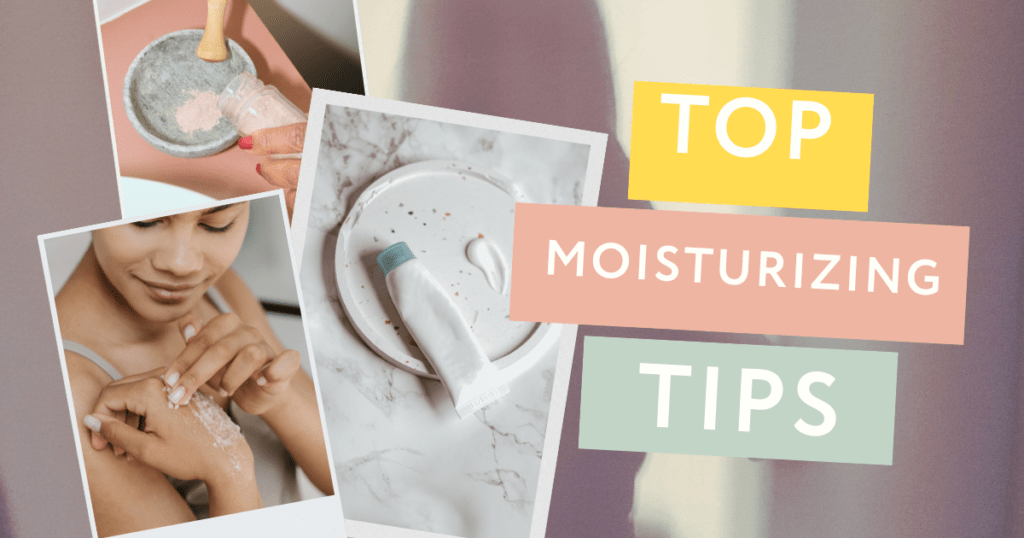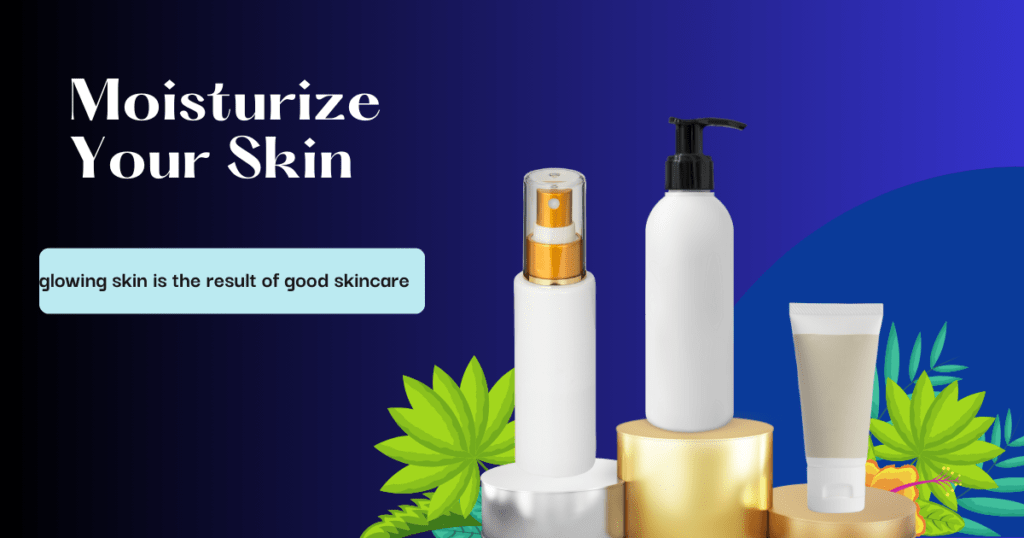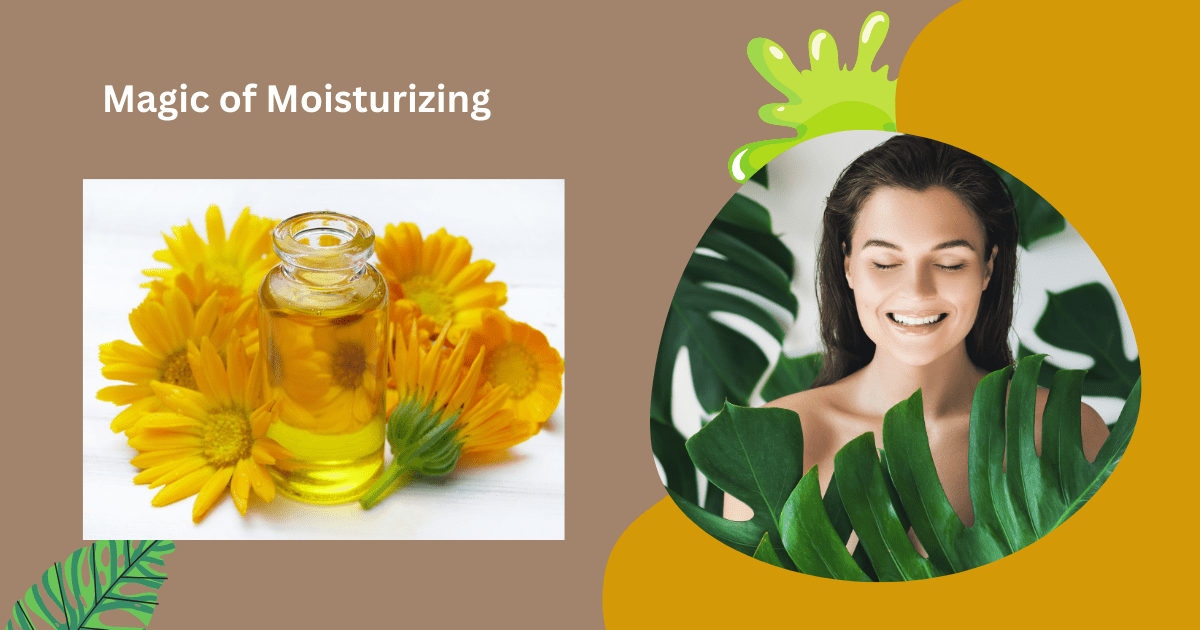Understanding Moisturizing
An essential part of skin health management is keeping moisture in it, which involves hydrating the skin to protect its appearance and wellbeing. It is fundamental for safeguarding the skin’s regular dampness obstruction, which safeguards the skin from harming UV radiation and stops dampness misfortune.
For all skin types, saturating is fundamental since it assists with:
- Preventing dryness and flakiness
- Improving skin texture and appearance
- Enhancing skin elasticity
- Minimizing the signs of aging
- Protecting against environmental damage

How Moisturizers Work
face/body Lotions contain fixings like humectants, emollients, and occlusive. Humectants draw in dampness from the climate and tie it to the skin, keeping it hydrated. Emollients smooth and mellow the skin by filling in the holes between skin cells. Occlusive make a boundary on the skin’s surface to secure in dampness and forestall vanishing
Moisturizers comes in a variety of forms, such as creams, lotions, and oils. Every kind has a dissimilar texture and composition that meets the demands and preferences of various skin types.
Creams
Creams offer deep hydration and have a thicker consistency. They provide durable moisture and are appropriate for dry and thirsty skin.
Lotions
Lotions are perfect for normal to oily skin types because of their milder texture. they are not greasy and flawlessly absorb into skin
Oils
Oils are compelling moisturizers that restore, nourish and heal the skin barrier by penetrating deeply into the skin. They offer deep moisture, making them good for sensitive and dry skin.
Selecting the Right Moisturizer
Picking the right moisturizer depends on several factors, including skin type, concerns, and preferences.
Dry Skin: Look for rich and creamy formulas that provide intense hydration.
Oily Skin: To avoid clogged pores, use moisturizers that are non-comedogenic and oil-free.
Combination Skin: Make use of hydrating, lightweight solutions that maintain a balanced moisture content without becoming greasy.
Ingredients to Look For:
- Hyaluronic Acid: Hydrates and plumps the skin.
- Glycerin: Attracts moisture to the skin’s surface.
- Vitamin E: Provides antioxidant protection and nourishment.
Tips for Effective Moisturizing
To get the most out of your moisturizer, follow these tips:
- Apply on Damp Skin
Apply moisturizer immediately after cleansing while the skin is still damp to lock in moisture.
- Use Sunscreen During the Day
Always apply sunscreen as the last step in your morning skincare routine to protect against UV damage.
- Pay Attention to Problem Areas
Focus on areas prone to dryness, such as elbows, knees, and heels, by applying a thick layer of moisturizer.
Moisturizing Particular Body Areas
Every body part has different skincare requirements, necessitating the use of particular moisturizing methods.
Face
To prevent breakouts, choose a moisturizer designed specifically for the face that has non-comedogenic ingredients and light textures.
Hands:
To avoid dryness and cracking, moisturize your hands frequently throughout the day, especially after washing.
Feet:
Apply thick, emollient foot balms or lotions to soften calluses and rough areas, especially on the soles and heels.

Common Mistakes to Avoid
Steer clear of these typical moisturizing errors to keep your skin hydrated and healthy.
Over-Moisturizing
Apply a pea-sized amount of moisturizer and adjust as necessary because using too much moisturizer might cause clogged pores and breakouts.
Ignoring Sunscreen
You should always include SPF in your skincare routine because skipping it might hasten the aging process of your skin and raise your chance of developing skin cancer.
Using the Wrong Product
Selecting a moisturizer that is inappropriate for your skin type can exacerbate pre-existing issues, so make sure the products you use meet your unique requirements.
Natural Moisturizing Remedies
Without artificial additives, natural substances can effectively hydrate and nourish the skin.
Honey
As a naturally occurring humectant, honey draws moisture to the skin, making it smooth and pliable. Moreover, it contains antimicrobial qualities that aid in preventing outbreaks.
Aloe Vera
Aloe vera gel is great for sunburn relief and irritation relief since it moisturizes and soothes the skin.
Coconut Liquid
Fatty acids found in coconut oil help to fortify the skin barrier and provide the skin with intense moisture retention.
Benefits of Regular Moisturizing
Incorporating moisturizing into your daily skincare routine offers numerous benefits for overall skin health and appearance.
Hydration
Moisturizers replenish the skin’s moisture levels, keeping it soft, smooth, and hydrated throughout the day.
Anti-Aging Properties
Regular moisturizing can help minimize the appearance of fine lines and wrinkles, promoting a youthful complexion.
Improved Skin Texture
Hydrated skin appears plump and radiant, with a smoother texture and reduced flakiness or roughness.
Incorporating Moisturizing into Skincare Routine
Developing a consistent skincare routine is essential for maintaining healthy and hydrated skin.
Morning Routine
Start your day by cleansing the skin, followed by applying a moisturizer with SPF to protect against sun damage.
Nighttime Routine
Before bedtime, cleanse the skin to remove impurities and apply a nourishing moisturizer or night cream to repair and rejuvenate overnight.
Conclusion
Regardless of skin type or issues, the first step in any skincare program is always to moisturize. You can attain healthy, moisturized, and bright skin by realizing the value of moisturizing, selecting the best products, and using the right procedures.
FAQs
How often should I moisturize?
Moisturize twice daily, in the morning and at night, for optimal hydration and protection.
Can I use body lotion on my face?
Body lotions are formulated for thicker skin and may clog facial pores, so it’s best to use products specifically designed for the face.
Is it necessary to moisturize oily skin?
Yes, oily skin still needs hydration to maintain a balanced moisture barrier and prevent excess oil production.
Can moisturizing prevent wrinkles?
Regular moisturizing can help plump the skin and reduce the appearance of wrinkles over time, but it’s not a guarantee against aging.
Are natural moisturizers better than commercial ones?
It depends on individual preferences and skin sensitivities. Natural moisturizers may offer benefits, but commercial products often undergo rigorous testing and contain a wider range of active ingredients.


